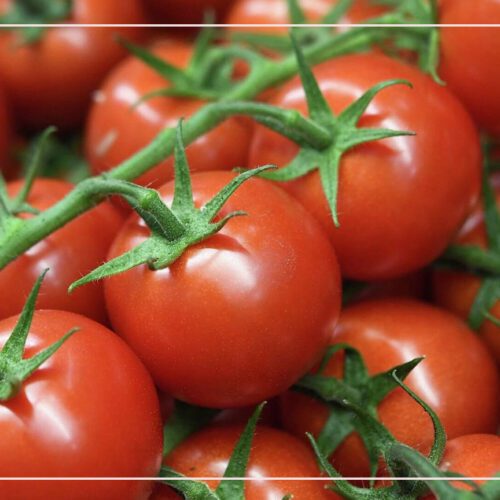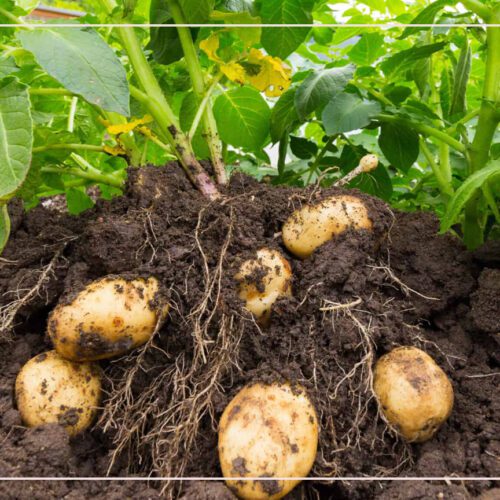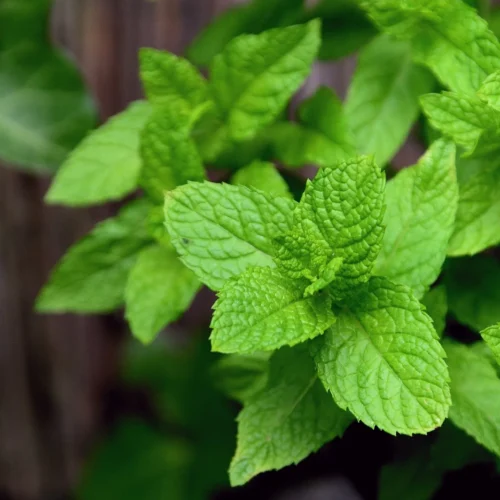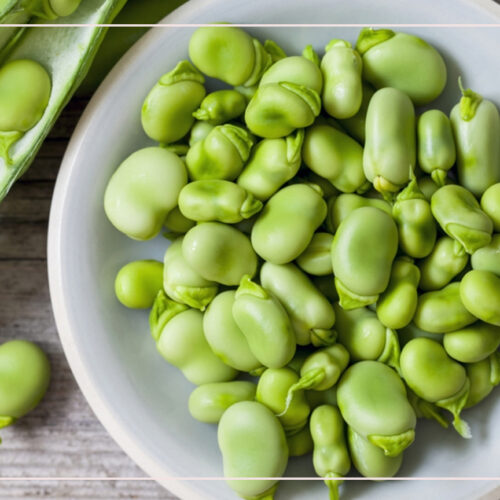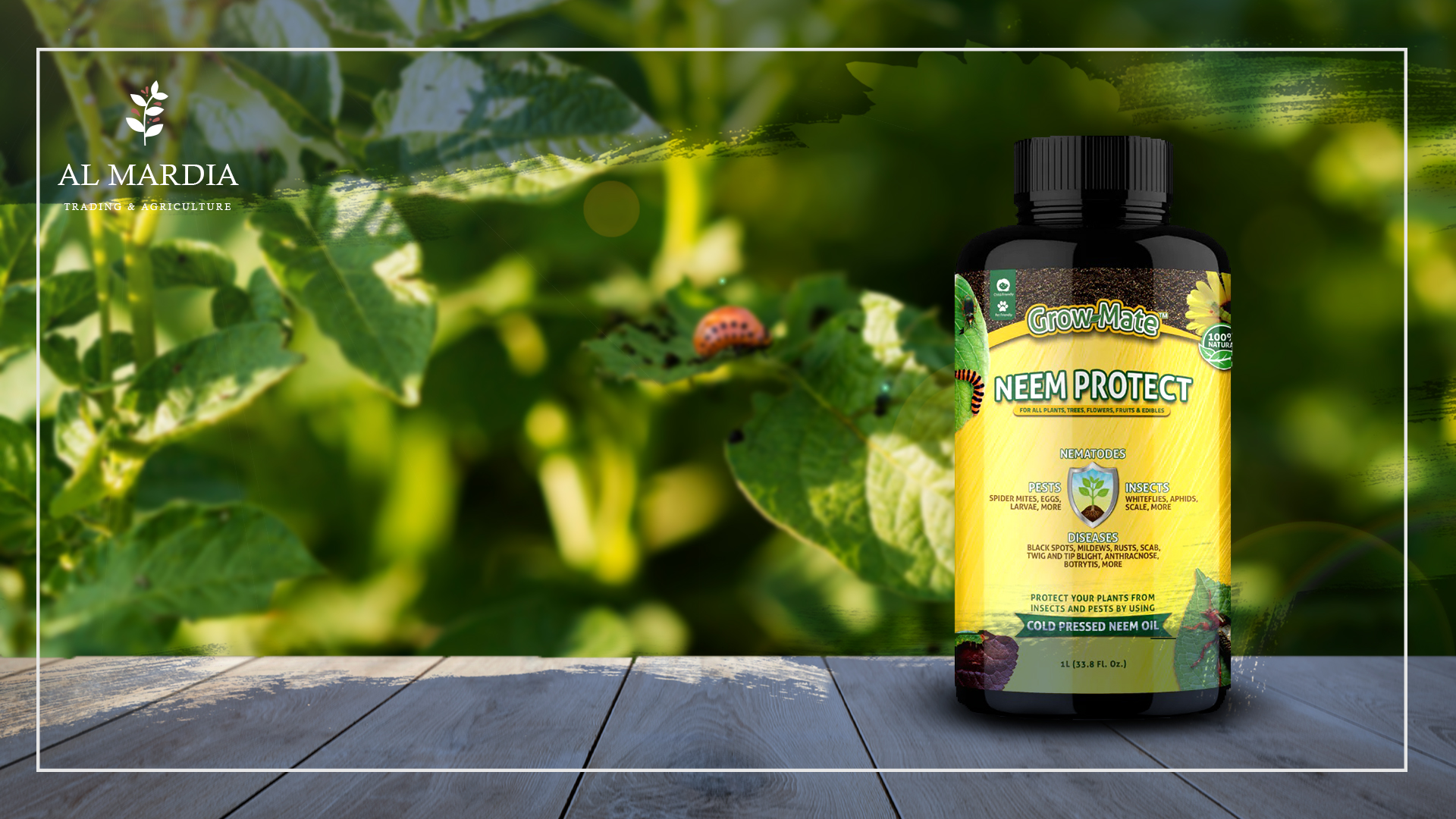
Neem Oil: Magic In a Bottle
Gardening can be a rewarding and enjoyable activity, but it can also be challenging when it comes to dealing with pests. To protect your plants and garden from pests, it is important to choose the right organic pest control product. In this article, we will discuss one of the most essential and common biopesticides which are neem oil. We will explain how to use neem oil and its extracts effectively in your garden. We will also try to stop most insect pests organically without using harsh chemicals. Several valuable questions will be answered, too.
What is Neem Oil?
Neem oil is an ideal natural pesticide and fungicide that every gardener should have in their toolkit. It has been used for centuries to protect plants from insect pests and diseases. Neem oil is extracted from the seeds of the neem tree, which is native to India and other parts of Asia. It works by disrupting the reproductive cycle of insects, preventing them from laying eggs on your plants. It also repels away most insects, making it a great preventative measure against pests. In addition to its pest control benefits, neem oil can also be used as a fertilizer as it contains essential nutrients for healthy plant growth.
How Does Neem Oil Work?
The most effective neem oil comes from cold-pressed crushed seeds mixed with a solvent such as alcohol or water. This method preserves the natural compounds found in neem oil that are beneficial for organic gardening purposes.
Different methods of processing can affect the strength and efficacy of the active ingredients in the oil. Cold-pressed, CO2 extraction, and distillation are some of the most commonly used methods, each with its own advantages and disadvantages. Understanding how these methods work can help ensure that oils are processed correctly for maximum benefit.
Azadirachtin is derived from neem seeds and other parts of a neem tree. The compound is most commonly used in all-purpose insecticides combined with organic-listed soaps or other compounds. Additionally, a stand-alone extract is available to battle against different types of mites, moth larvae, and beetles. This extract works by disrupting the hormones of the pests that regulate breeding, growth, and nourishment. See our product Neem Protect Oil
When to Use Neem Oil on Plants
Neem oil is a great remedy for controlling pests and eliminating infestations present in your home. It is an effective and efficient way of keeping pests away from your farm.
For best results, neem oil should be applied twice a day – in the morning and evening. However, it is essential to avoid using neem oil when the sun is at its peak to minimize the potential risk of burning the plants. Furthermore, neem oil has the capability to repel and exterminate pests throughout all of their life stages; from eggs to larvae (grubs), pupas, and even adult pests.
Neem oil functions against many pests:
Neem oil has proven to be effective against various insects, often difficult to control, encountered by gardeners. Examples of these include the Colorado potato beetle, Mexican corn beetle, whitefly, spotted cucumber beetle, corn earworm, flea beetle, and cabbage looper.
Other insects that it’s capable of killing include fungus gnats, thrips, Japanese beetles, and mealybugs. Additionally, it has been demonstrated to repel and damage the life cycles of spider mites and root-knot nematodes. These life cycle interferences cause population reduction which can eventually lead to their elimination.
Generally speaking, neem has been reported to be able to block the feeding of 170 insects and reduce their growth in four distinctive orders. Moreover, it has a toxic effect on aphids, termites, and multiple kinds of caterpillars.
Neem oil and beneficial insects
Neem is an incredibly versatile and powerful insecticide, pesticide, and fungicide It is thought to be less harmful to beneficial insects such as ladybugs and predatory mites than many other chemical pesticides. Moreover, neem does not have any effect on honey bees or other pollinators, as long as the product is not sprayed directly on them. It’s also safe for earthworms even when it is exposed to all neem compounds.
Recently, the National Pesticide Information Center reported that neem is practically non-toxic to birds and mammals. This is because neem contains many active ingredients that work on insects in a variety of ways, making it an ideal choice for pest control.
Lastly, it is important to note that Neem oil should not be used on certain herbs such as basil, caraway, cilantro, dill, marjoram, oregano, parsley, or thyme. Although its use is beneficial for most plants with foliage of robust nature like arugula, lettuce, etc., caution should be taken when spraying neem oil since it can cause foliage burns on delicate and wispy leaves.
Several products in the market containing neem oil can be applied for a wide range of crops, including herbs, vegetables, fruits, nuts, and ornamental plants. Make sure to read the label to follow the correct instructions. Don’t forget to stay away from using neem oil on recently transplanted or weakened plants. This could have the potential to damage their foliage.
Related topic
Excess Sulfur in The Soil
Common Questions:
Can you put neem oil directly on plant leaves?
It can be applied directly to the leaves of plants. It is easier and more convenient way to keep them safe from harmful insects. Furthermore, it has become a popular choice for gardeners looking for an effective solution to their pest problems.
What plants can not tolerate neem oil?
Neem oil should not be used on herbs like basil, caraway, cilantro, dill, marjoram, oregano, parsley, or thyme as it has a strong smell. Furthermore, spraying neem oil on plants having delicate or wispy leaves such as arugula, lettuce, and parsley can cause extensive damage to the leaves.
When should you not spray neem oil?
Neem oil should be applied either in the early morning or late evening hours. That’s because too much direct sunlight could cause the burning of the plants when used in conjunction with neem oil during midday.

